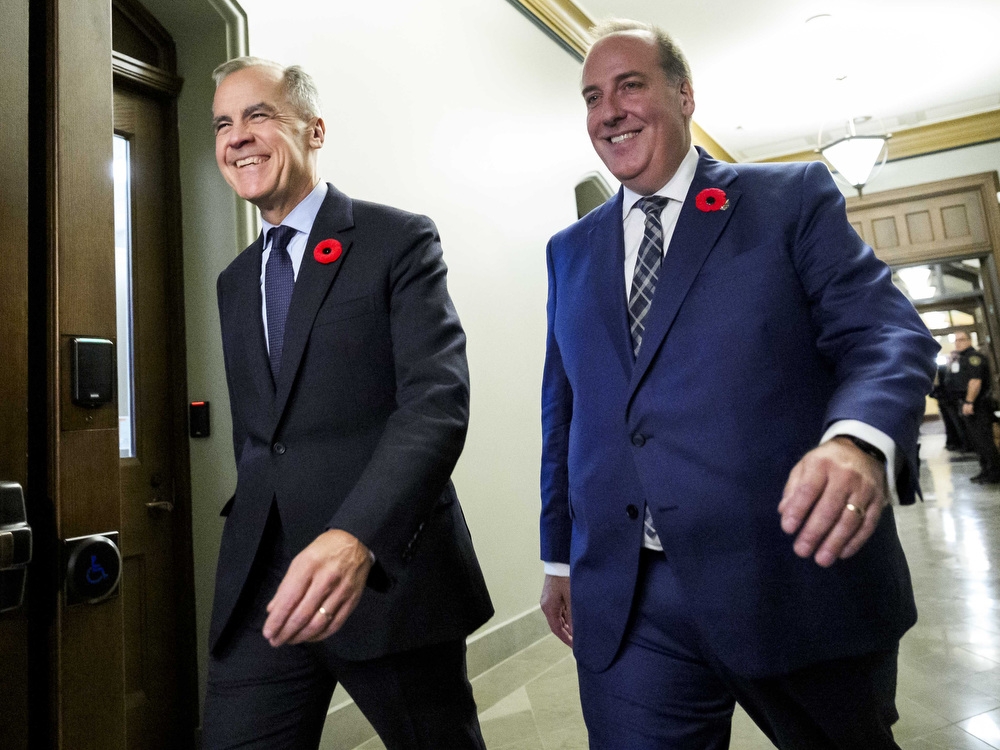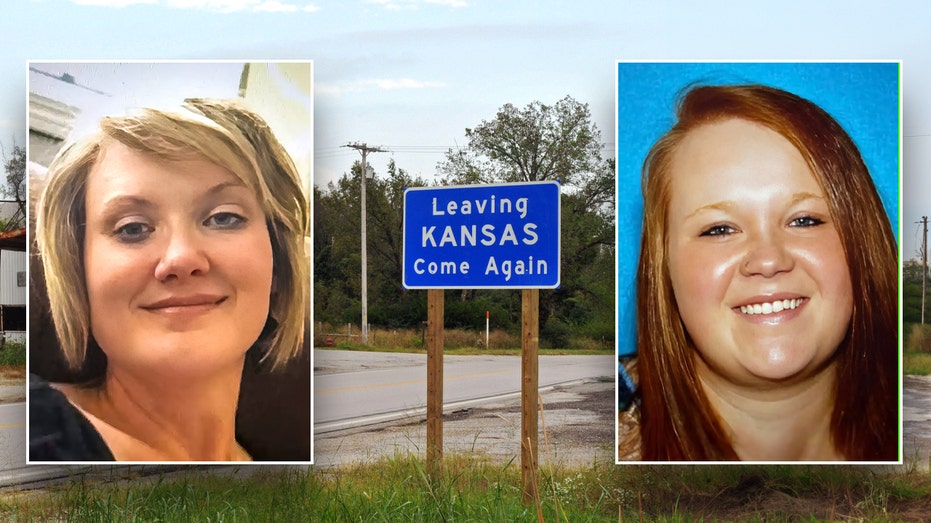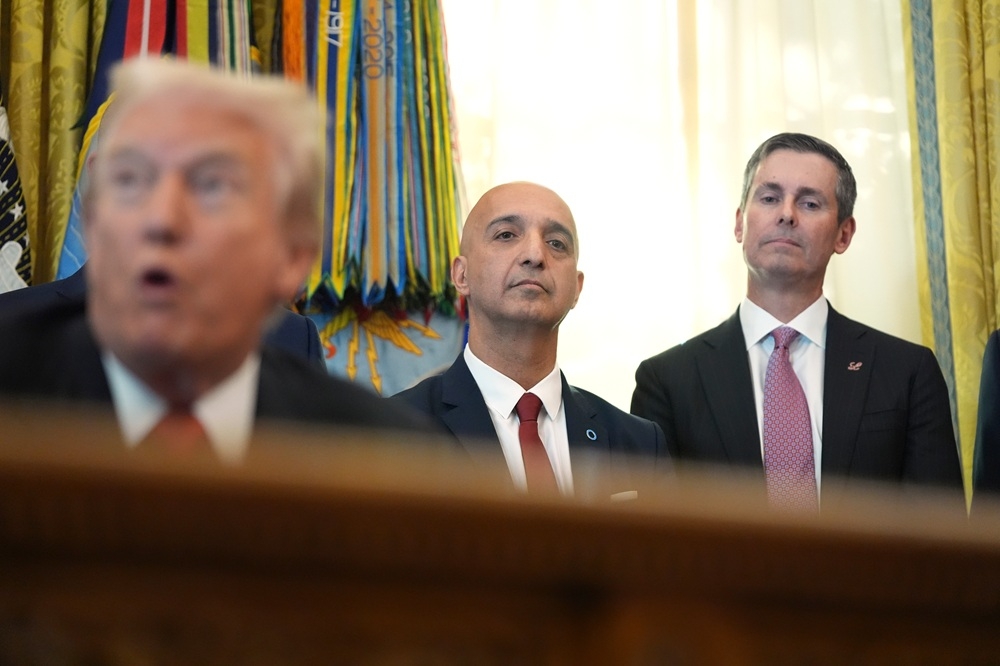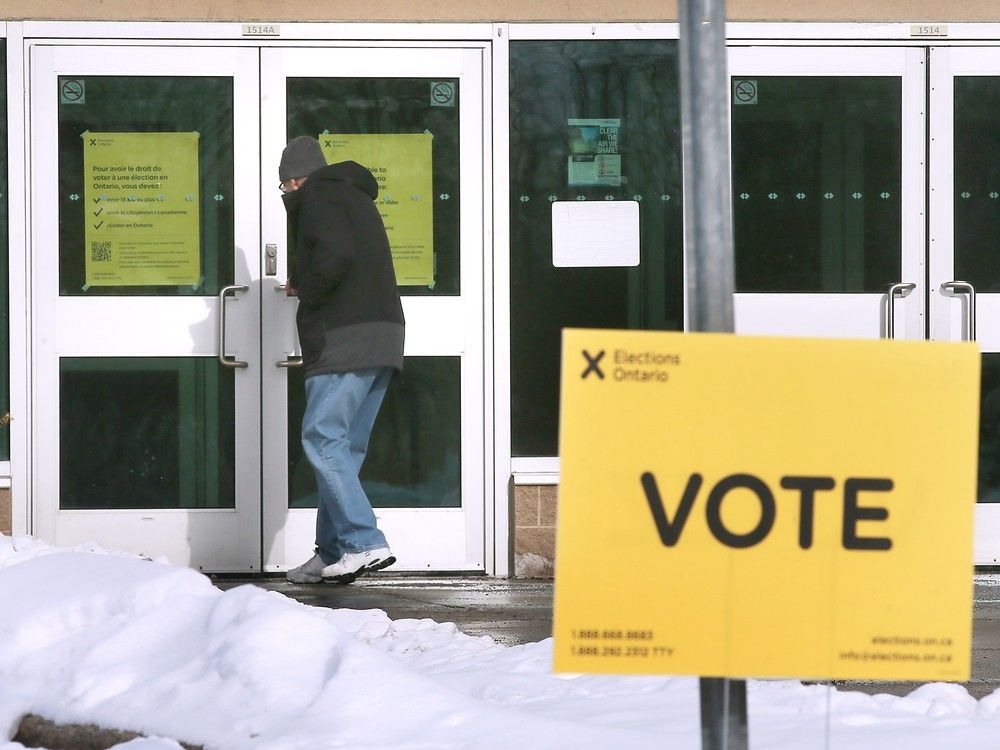A recent British Columbia court decision has sent shockwaves through the nation, raising profound questions about the limits of judicial power and the security of private property rights. The ruling granted land title in Richmond, a Vancouver suburb, to the Cowichan Tribes, a decision that has ignited a fierce debate across Canada.
The core of the controversy lies in the assertion of Aboriginal title over a significant area – encompassing 150 homes, businesses, government land, and even a golf course. Justice Barbara Young’s decision effectively transferred ownership, despite historical evidence suggesting a different narrative.
The ruling clashes with a 2014 Supreme Court of Canada precedent, the Tsilhqot’in decision, which stipulated that Aboriginal title requires proof of “continuous, exclusive occupation before and after sovereignty.” The Cowichan Tribes traditionally hail from Vancouver Island, and their use of the contested land was primarily seasonal, a fishing village utilized during the Fraser River salmon run.
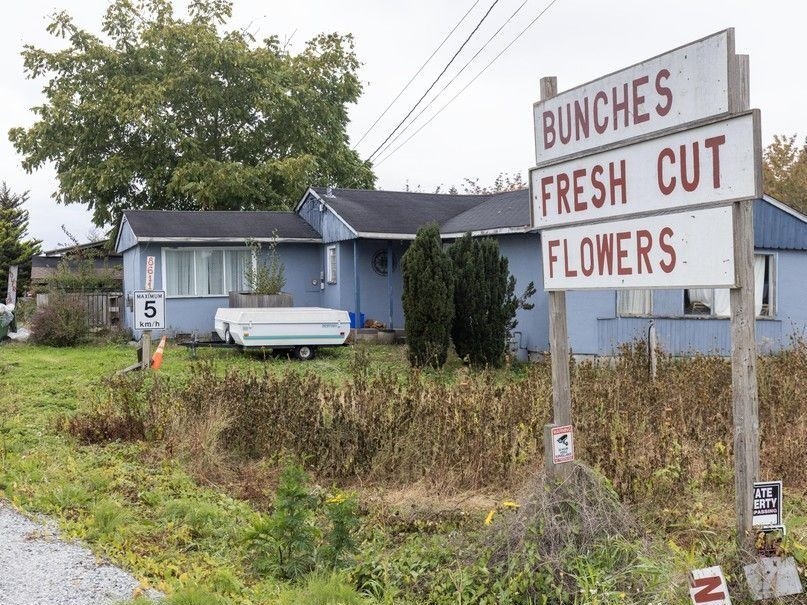
For generations, the Cowichan people would travel to the mainland to fish, returning to their permanent settlements on the Island. Their last known use of the area dates back approximately 150 years, a timeframe that appears to fall short of the continuous occupation requirement established by the Tsilhqot’in ruling.
Despite this, Justice Young awarded title to land valued at over half a billion dollars, granting the Cowichan Tribes the right to “occupy, use, control and profit from” the area. The city of Richmond has now warned residents that their property ownership may be compromised as a result.
The immediate impact is already being felt. One homeowner has reported being denied a mortgage renewal, as lenders question the validity of the title. This decision casts a long shadow, creating uncertainty and anxiety for those who believed their property rights were secure.
British Columbia’s unique situation – with a limited number of historical treaties covering its landmass – has often been cited as a contributing factor to these disputes. However, the concern extends far beyond provincial borders.
A growing fear is that activist judges may invalidate existing treaties, arguing that the Crown has not fully upheld its obligations, despite current federal spending on Indigenous programs exceeding $32 billion annually. This raises the specter of similar challenges to property rights across the country.
Public opinion appears to be shifting. A recent poll revealed that over a third of Canadians, including a majority of young adults, believe all Canadian land rightfully belongs to First Nations. This sentiment, coupled with a perceived willingness among some judges to create new legal rights, fuels the apprehension surrounding the future of land ownership in Canada.
The Cowichan Tribes decision isn’t simply a legal matter; it’s a cultural and economic earthquake. It forces a reckoning with the complexities of reconciliation and the fundamental principles upon which property rights are based, leaving many Canadians wondering what the future holds.
